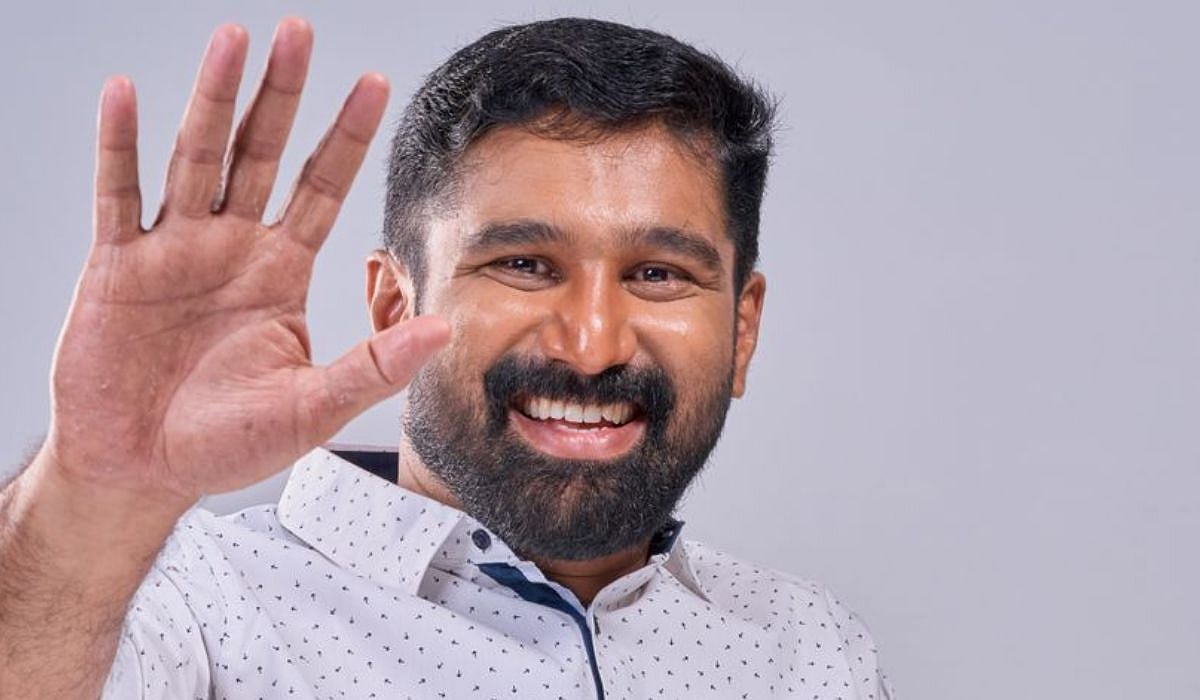How would it feel to live without a salary for 20-30 years? To be precise, that’s what retirement is all about! A recent HSBC survey report titled “The Future of Retirement: Healthy New Beginnings” mentioned that financial concerns are the biggest roadblocks on the path of retirement for many Indians. A reason for this is that one may have planned for almost all goals in life except the last and most crucial one, that is, retirement. It is generally observed that Indians save for a house, children’s education and marriage. However, when you ask them about their retirement goal, a typical answer is ‘dekha jayega’, which sounds like there is no urgency. Maybe, they expect their kids to look after them or they presume that their EPF corpus would suffice. But if one calculates the approximate money needed to lead a stress-free retired life, one would realise why planning for retirement is as important as that for other goals. Similarly, while you have been planning for your retirement, you may have also believed some of the myths.
A lifelong process
Retirement is usually treated as a long holiday which it is not. How can you be on holiday for 20 years of your life? Certain retirees often experience alienation in their retirement after the role of a co-worker is over. They do not feel productive and feel disengaged from their lives. Some look for support in their communities or try finding light work to feel productive. Hence, retirement is not a long holiday for the rest of your life. It has various phases and individuals keep thinking of various ways to fill their life and time with productivity.
Save, invest when you earn and spend when you retire
You are indeed encouraged to keep saving and investing for your retirement It is simply so that you can be relatively free of the financial burdens. Does it imply that you keep spending? Even in your retired life, you have a future to consider, bills to pay and expenses to meet. You may have a corpus hefty enough to meet your needs for the next twenty years but can you say you will be able to meet all unplanned expenses? Retiring does not give you the free ticket to go binge spending.
If savings is a habit you have inculcated all your life, there is no reason to stop just now. If you have a substantial retirement corpus, you will not be using the entire corpus at one go. Hence, keep a part of it invested ensuring the funds are not lying idle. If you also generate supplementary income by doing some part-time or consulting work or have rented out a property, they are adding to your corpus. Hence, you could keep those invested too. Just because you have stopped working does not mean your money has to.
If you do not have enough you will keep working
With such quick changes in technology, many kinds of work have become obsolete. By the time you retire, the work you may have been doing may become obsolete. Hence, to find work suitable for your skillset could be challenging especially when companies are looking to hire young workers. Hence, instead of relying on work, rely on your present income to generate future income. The future might be uncertain, but the present is not. Your salary comes in every month; you get a yearly bonus and pay increment as well. Start your savings and investment for retirement. Do not give yourself the illusion that you can be frivolous today and keep working because you do not plan to retire anyway.
Exiting equity for or after retirement
One of the biggest myths surrounding retirement planning is the scary stares you get when you announce that your retirement planning corpus is invested in equities or equity-oriented mutual funds. The silence seems to convey you might as well have lost the money. There are taboos surrounding equities which have led people to believe equities are unsafe and volatile. Risky is the work you are looking for and not the place where you would invest your retirement corpus or savings.
You could not be more WRONG! Equities or equity-oriented mutual funds are the best instruments for long term investments. It is true to a certain extent that short term investment in equities does not yield the best returns but they have been the highest return generators in the long term. The long term period reduces volatility and also ups the returns. Hence, if you are planning to start investing for your retirement, equities should be your priority as you benefit from the time value of money and power of compounding.
You will need 80% of your pre-retirement income to live
You will have to pay less tax, hopefully, you do not have loans to repay, you do not have to save for specific life goals, no need to save for your children’s education and so on. All your major life expenses have been taken care of by the time you retire. You only have to bear living costs and for everything, you will have your corpus. This is not to state you should not aim to invest and save the most you can for your retirement. In case you have not managed to create a corpus which is 80% of your pre-retirement income, you do have to worry about not making a living. Everyone has their own set of expenses and lifestyles and nobody can accurately predict the percentage of pre-retirement income that will be sufficient. However, the idea simply is when your major expenses have been taken care then less is more.
Repay debt and education loan before retirement savings
A lot of us tend to believe that since the goal of retirement is far away we can start planning for it much later. This is a costly mistake one makes. If you start early you can start small and it reduces financial burden later on. A lot of investors prioritizes repaying debt and education loan before starting retirement planning. They tend to treat retirement planning as a secondary goal compared to the repayment of debts. At this stage, you simply have to remember a person who cannot help himself is no good for others. Hence, break the myth of shall plan for retirement later and start now along with your various debt repayments.
Conclusion
I have often said this but I shall say it again: retirement is that one goal for which you must have a plan. For every other goal, you have the option of taking a loan and repaying with your future income. Retirement simply does not allow you that luxury. You have to make the best with what you have saved and invested. Hence, do not fall into these myths and create a setback in your retirement planning. For the best advice, you could always consult a financial advisor.
(The writer is the Founder of Money Mantra, a personal finance solutions firm)














